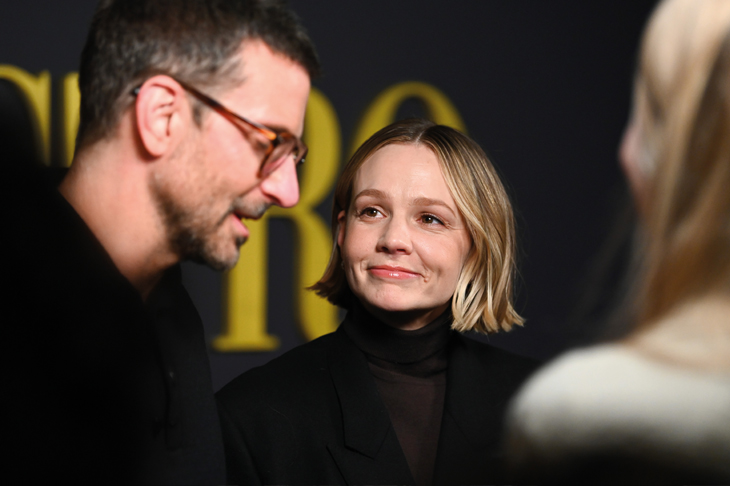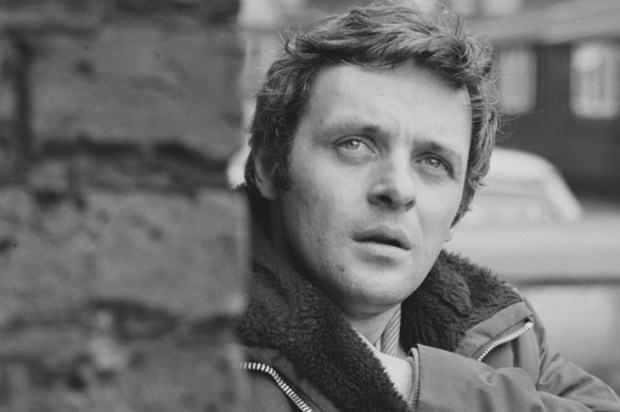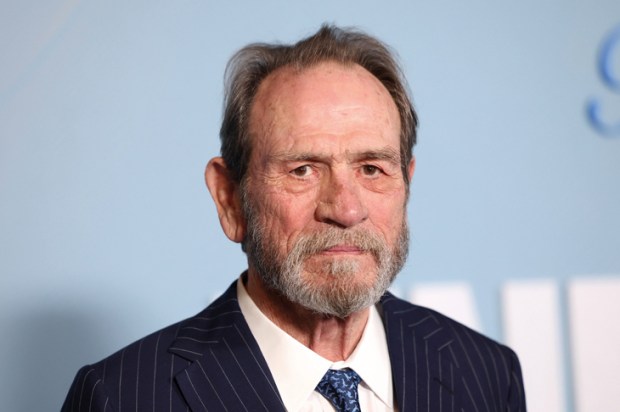What do we know about Leonard Bernstein, who did everything to popularise classical music and wrote the Broadway classic West Side Story? He was bisexual and he conducted the legendary performance of Beethoven’s Ninth in 1989 when the Wall came down. Bradley Cooper disdains to use this spectacular biopic moment in Maestro, his reflective and masterly film about Leonard Bernstein.
Already a subscriber? Log in
Subscribe for just $2 a week
Try a month of The Spectator Australia absolutely free and without commitment. Not only that but – if you choose to continue – you’ll pay just $2 a week for your first year.
- Unlimited access to spectator.com.au and app
- The weekly edition on the Spectator Australia app
- Spectator podcasts and newsletters
- Full access to spectator.co.uk
Or
Unlock this article
You might disagree with half of it, but you’ll enjoy reading all of it. Try your first month for free, then just $2 a week for the remainder of your first year.














Comments
Don't miss out
Join the conversation with other Spectator Australia readers. Subscribe to leave a comment.
SUBSCRIBEAlready a subscriber? Log in